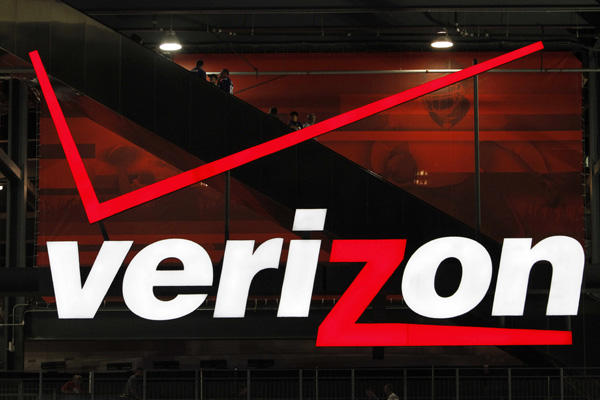 Verizon will conduct a 5G residential trial in Speedway, Indiana, located near the Indianapolis Motor Speedway in association with Intel and Ericsson.
Verizon will conduct a 5G residential trial in Speedway, Indiana, located near the Indianapolis Motor Speedway in association with Intel and Ericsson.
The 5G trial takes place before the start of the 2017 Indianapolis 500 on May 28 and features a 5G-connected home that shows trial attendees how consumers will be able to make the most of future multi-gigabit 5G speeds with low latency and high capacity.
5G networks will provide the communications backbone for data-rich services and sophisticated cloud applications, delivered faster and more efficiently.
Intel said this 5G demonstration is part of Intel’s work with communications service providers and equipment manufacturers – from the cloud to the network to the device – to define standards, deploy trials and deliver products that will bring 5G to life.
One of the residential demonstrations will showcase a live 360-degree view of the racetrack using virtual reality (VR) and high-resolution 4K 360-degree video streaming live over the air. The demo will use an in-home gateway based on the Intel 5G Mobile Trial Platform and Intel connected home technology. The Intel-powered network highlights the benefits 5G will deliver to new consumer VR experiences.
“5G will bring new experiences and business opportunities like exciting virtual reality in 4K and ultra-fast wireless home broadband,” said Asha Keddy, vice president and general manager of Next Generation and Standards in the Communication and Devices Group at Intel.
The home, located in Speedway, IN, close to the Indianapolis Motor Speedway, is part of Verizon’s latest pre-commercial 5G trial deployment.
Intel provided the in-home gateway, based on the Intel 5G Mobile Trial Platform and Intel connected home technology, which delivers the 5G connectivity to the home. The Intel-powered network enables 360-degree video to be live streamed from the action on the track to head mounted displays, highlighting the benefits 5G will deliver to new consumer VR experiences.
With speeds up to 100 times faster than existing networks, customers in 5G- connected homes will have access to features such as gigabit fixed wireless and high bandwidth uploads. These uploads can enable applications such as cloud-based security cameras and result in other virtual and augmented reality experiences.
“Mobile data networks will become the backbone of the 21st century, with Verizon and Ericsson going beyond 4G to support the Internet of Things to come,” said Adam Koeppe, vice president of Network Planning at Verizon.
During this mobility test, sustained broadband speeds of over 6.4 Gb/sec were reached in a car moving at speeds in excess of 60 mph. These results are made possible through Ericsson advanced radio, antenna and processing technology, including beam forming and beam tracking.
“Ericsson is working with Verizon to push the 5G envelope and bring 5G to market with commercially ready networks. 5G will enable new use cases for people and businesses, which will make our world safer, more efficient and more environmentally sustainable,” said Per Narvinger, head of Product Area Network Systems, Ericsson.





